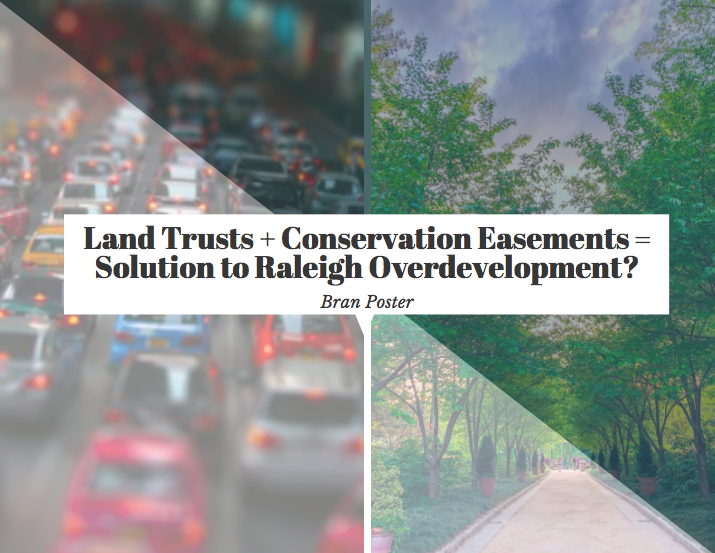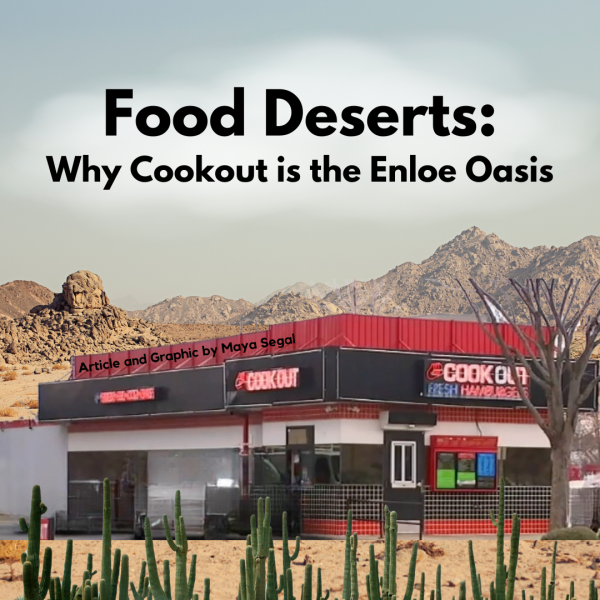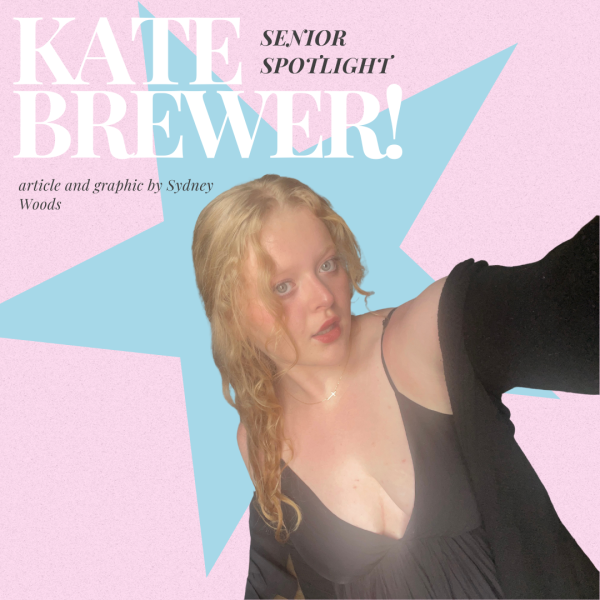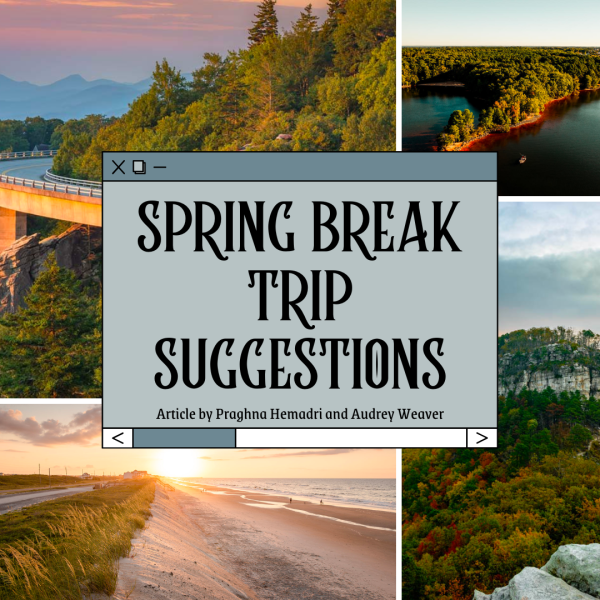Land Trusts + Conservation Easements = Solution to Raleigh Overdevelopment?
I don’t know about you, but I’m not looking forward to the stagnant traffic, choking smog, and overwhelming overcrowding that comes with rapid urbanization. As Raleigh gets bigger, the countryside we use as a getaway from metropolitan malaise will get smaller. Do we want our posterity to grow up in a Raleigh that is full of quaintness and quality or concrete and carburetors? It’s time to act, to keep our metastasizing city from getting out of control. How? A twofold solution: conservation easements and land trusts.
When I’m talking about land trusts, I’m not talking about business land trusts, I’m talking about environmental land trusts. Different people who might not be able to individually afford land collaborating to buy it before developers do. A group of concerned Raleigh citizens could get together in order to purchase land around our city’s perimeter. We already have existing state environmental land trusts, like the Conservation Trust for North Carolina (which is based in Raleigh), but they do not have the explicit purpose of curbing urban expansion. Now, what to do with our secured land once our land trust acquires it? Make it a conservation easement, of course.
Conservation easements are an ingenious alliance of the government and the landowner: you promise to not develop ecologically significant land, and you get tax breaks. No coercion necessary, just raw economic incentive. According to title 26 section 170 of the U.S. Law Code, a conservation easement must serve at least one of these objectives in order to be tax deductible:
“(i)the preservation of land areas for outdoor recreation by, or the education of, the general public,
(ii)the protection of a relatively natural habitat of fish, wildlife, or plants, or similar ecosystem,
(iii)the preservation of open space (including farmland and forest land) where such preservation is—
(I)for the scenic enjoyment of the general public, or
(II)pursuant to a clearly delineated Federal, State, or local governmental conservation policy,
and will yield a significant public benefit, or
(iv)the preservation of an historically important land area or a certified historic structure.”
Who defines what is a “relatively natural habitat” or an “open space?” These are clearly very flexible objectives. I see no reason why anti-development land trusts couldn’t buy up abandoned farmland and forest land tracts and delineate them as tax deductible conservation easements. With strips of government-sanctioned protected land surrounding the outskirts of Raleigh, developers will be forced to either build tall or pack their bags. Meanwhile, us Raleighans will enjoy living in a greener, quieter, and less claustrophobic city. And the members of the environmental land trust? One can only imagine the money they will save from easement-derived tax breaks. It’s a brighter future for the city, and all we have to do to achieve it is act.
graphic credit Abby Pender
Your donation will support the student journalists of Enloe Magnet High School, allowing us to cover our annual website costs. We are extremely grateful for any contribution, big or small!

Gerbrand, alias Bran, is a fresh, energetic senior with plenty of ideas. He enjoys singing in the Enloe Chamber Choir, being respectful, and sharing...













